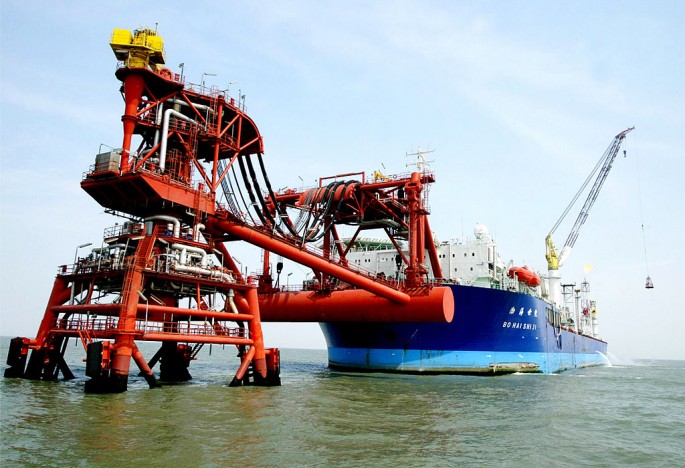The oil and shipping markets all over the world are reacting to Tuesday's ruling on the arbitration case filed by the Philippines against China amid maritime grapple in the South China Sea.
The ruling from a tribunal in The Hague unleashed all kinds of mischief in the South China Sea region with China immediately rejecting the decision.
According to Reuters, oil traders and shippers who make use of the disputed waterways said they do not expect the international ruling to affect their industry immediately.
But right after the ruling was made public, the price of oil hiked, with Brent crude oil futures rocketing to $47.60 per barrel or over 2 percent more its original price.
The Wall Street Journal said the international ruling did not touch the topic of jurisdiction over the massive oil reserves and natural gas beneath the contested waters in the South China Sea.
Apparently, no single claimant-not even China-has come close to tapping the resources buried deep beneath the waters.
"There is a lot of oil that passes through, but China is not going to do anything more aggressive than they already have been...I don't see much that has changed," BMI oil and gas analyst Peter Lee.
Reuters said the disputed Spratlys and Paracel Islands serve as the most direct shipping pathway for China, Japan, South Korea, Europe, and the Middle East since it offers "economically viable alternative routes for large oil tankers or dry-bulk ships and container ships."
Meanwhile, shipping lines are a bit nervous about what the ruling and China's reaction could mean for their industry.
"It is vital that merchant ships are allowed to go about their lawful business on the world's oceans without diversion or delay. We will of course be monitoring for any interference in the coming weeks," London-based International Chamber of Shipping Secretary General Peter Hinchliffe told Reuters.



























